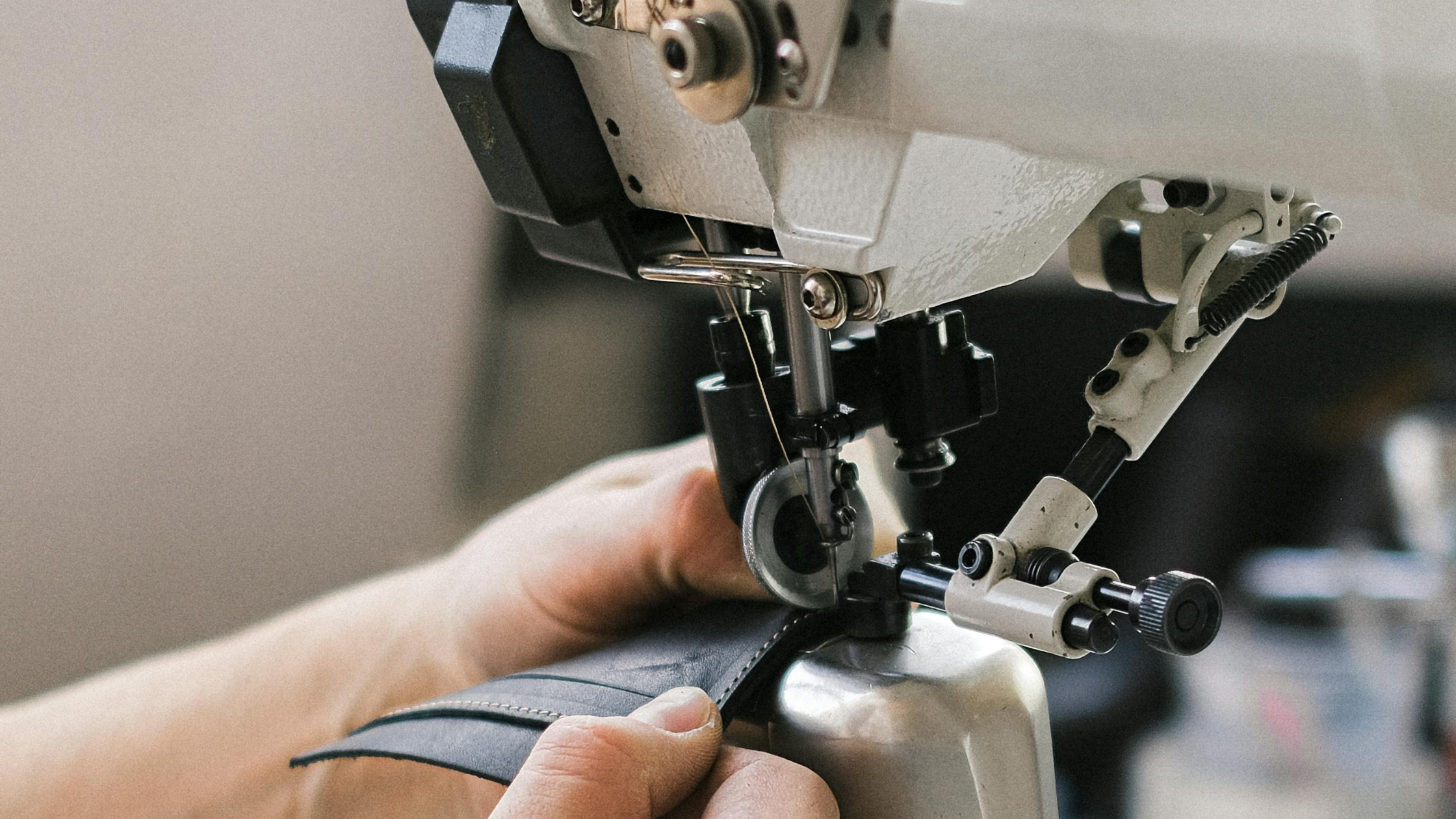In today’s fashion industry, transparency and sustainability aren’t just ideals—they’re necessities for building ethical and resilient businesses. We had the chance to speak with Rashi Agarwal, a sustainable fashion consultant known for her sharp insights and engaging use of humor to raise awareness about environmental issues on social media. Here’s what she shared about transparency, its challenges, and what the future could look like.
Why Transparency Matters
For Rashi, transparency is essential for brands striving to create ethical supply chains. “It helps mitigate risks and future-proof businesses against regulatory changes. As a consumer, transparency builds trust with the brand and allows me to make informed decisions on where I’m investing my money,” she explains. By prioritizing transparency, brands can not only improve their practices but also connect more meaningfully with today’s increasingly conscious consumers.
Key Challenges in the Industry
When it comes to sustainability, the roadblocks are significant. Rashi highlights two major issues: “A highly fragmented supply chain and lack of standardized frameworks make it difficult for businesses to prioritize or measure progress effectively.” Without clear guidelines, many brands struggle to take consistent, impactful action, leaving systemic problems unaddressed.
The Real Issue: Overproduction
Rashi’s take on the industry’s biggest problem is refreshingly direct. “Talking about sustainability measures as a brand falls empty as the real issue lies in systemic overproduction,” she says. Overproduction is a root cause of waste, inefficiency, and environmental damage—a cycle that must be broken for meaningful progress to occur.
Brands Leading the Way
Despite the challenges, some brands are setting an example. Rashi points to Rhea as a standout. “They excel because of their commitment to transparency and their innovative approach to tackling the industry's environmental impact,” she notes. Companies like Rhea show that with accountability and creativity, it’s possible to navigate sustainability while standing out in the market.
Final Thoughts
Rashi Agarwal’s insights offer a clear roadmap for the fashion industry’s future. Transparency is more than a buzzword—it’s a vital tool for building trust, addressing systemic issues, and paving the way for a sustainable future. As Rashi reminds us, meaningful change demands honesty, bold action, and a willingness to challenge the status quo. For brands willing to step up, the rewards—from consumer loyalty to long-term resilience—are well worth the effort.
Moving Forward
Stay informed with the latest news and regulations in the fashion and textile industry by signing up to the Renoon Newsletter.








.png)
.png)


.png)
.png)


.png)
.png)

.png)

.png)
.png)
.png)


.png)
.png)
.jpg)
.png)






.png)


.png)
.png)













.png)
.png)
.png)

.png)
.png)
.png)
.png)
.png)


.png)
